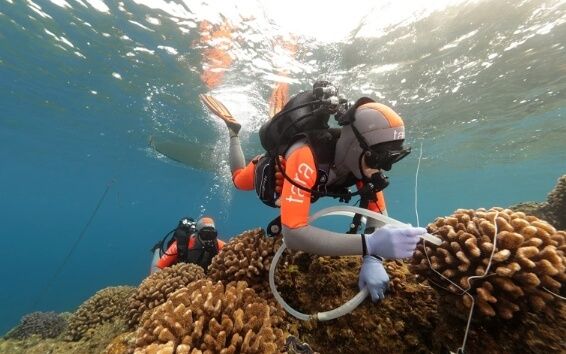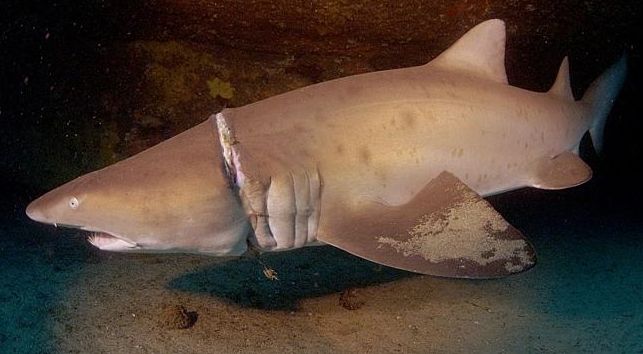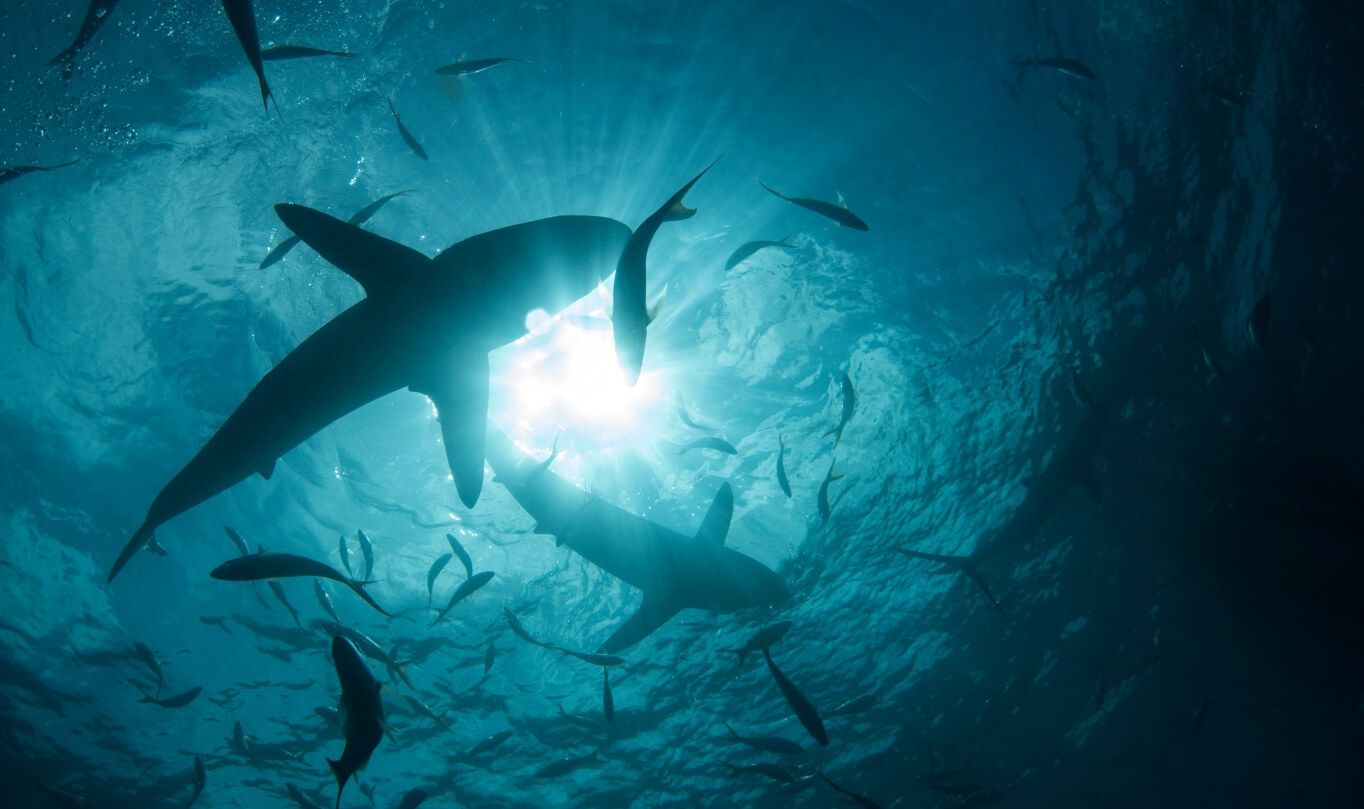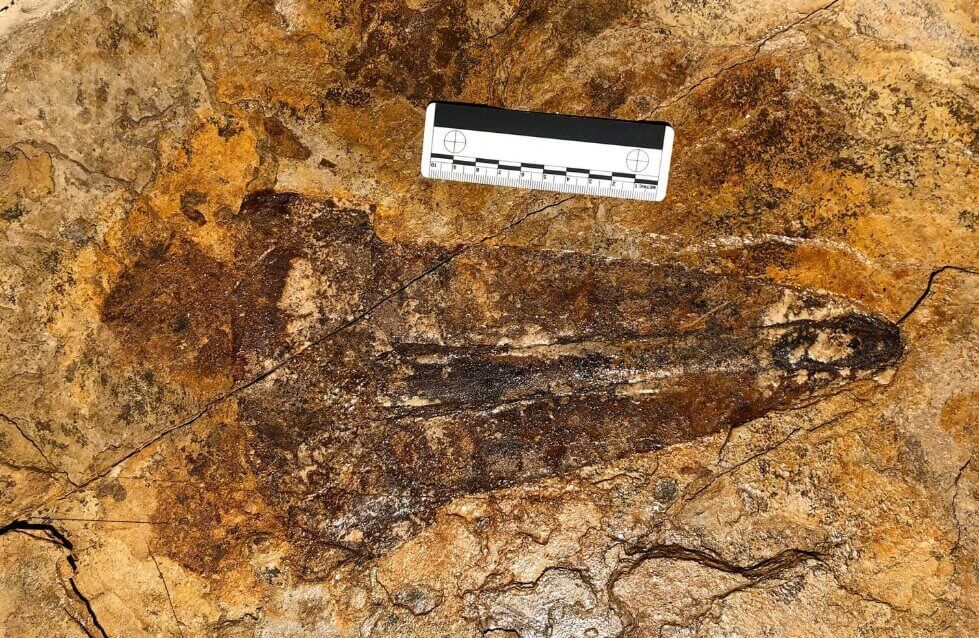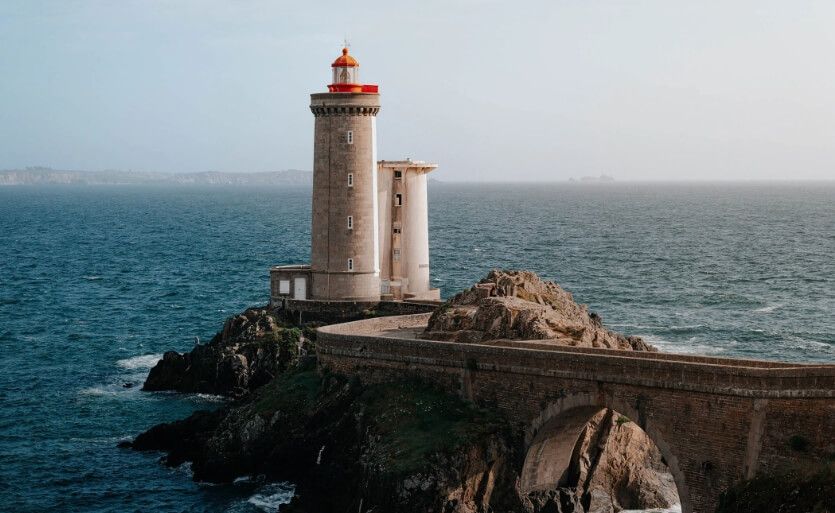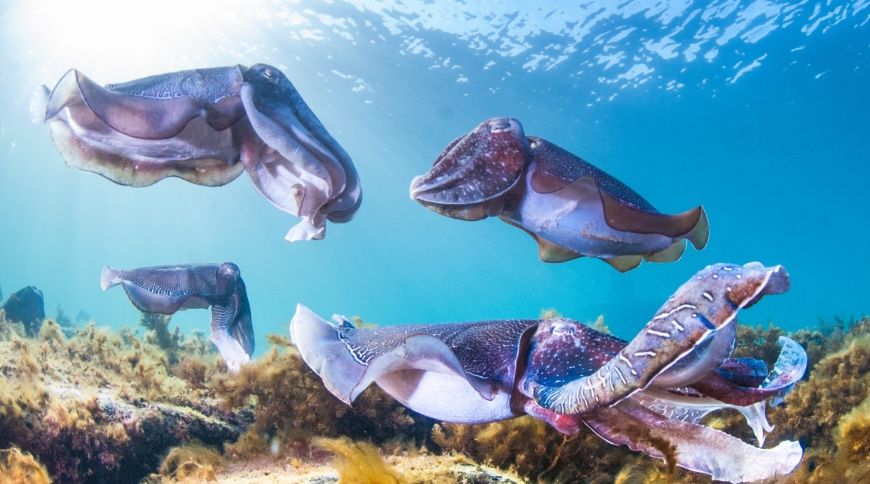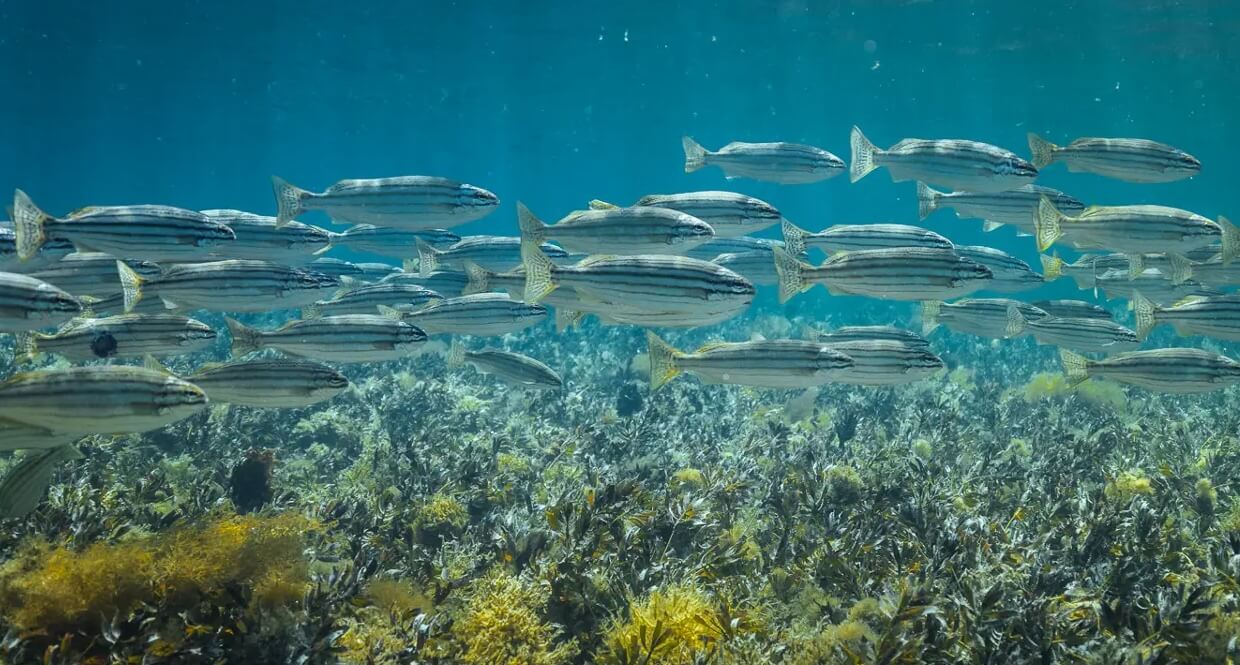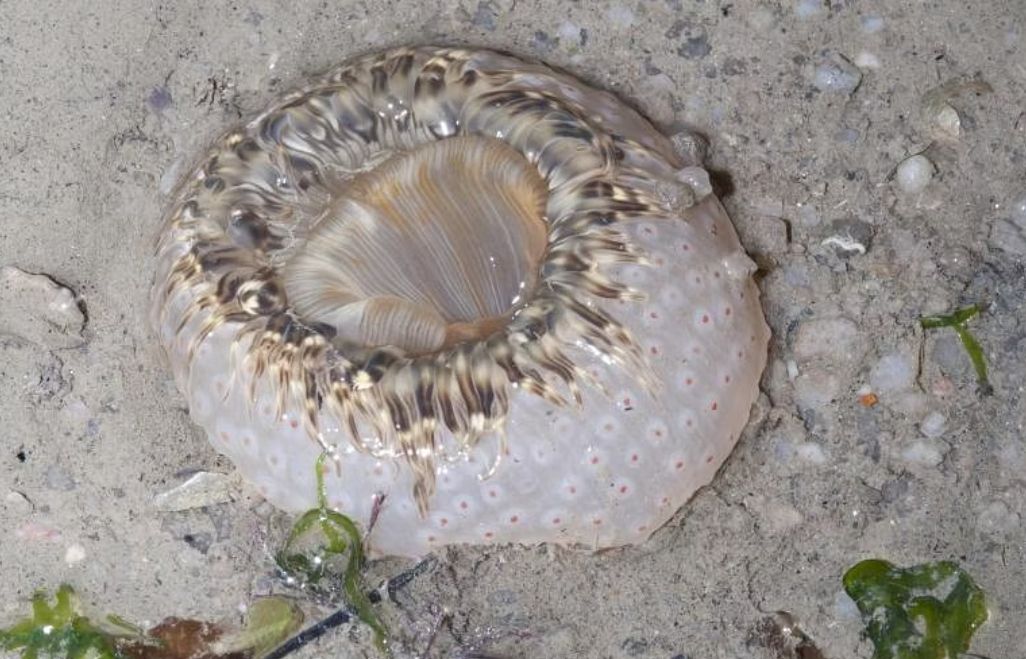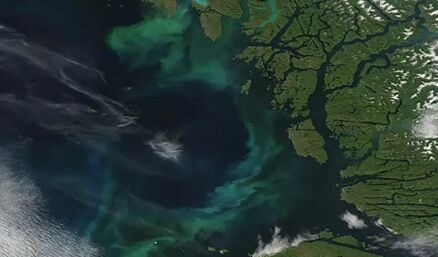Unprecedented Exploration Covers 100,000 Kilometers, Collecting 58,000 Samples from 249 Locations in Indonesia, Japan, and Papua New Guinea
Recent findings from the Tara Pacific expedition, the largest-ever survey of Pacific Ocean corals, have challenged previous assumptions about the extent of genetic diversity within coral reefs worldwide. Conducted over a two-year period, the expedition aboard the research vessel Tara delved into the genetic, chemical, and microbial diversity of coral reefs, yielding significant insights. Researchers estimate that over the past 70 years, more than half of the world’s coral coverage has vanished, accompanied by a loss of 60% of associated species diversity. These discoveries emphasize the urgent need for conservation efforts to safeguard the remaining coral ecosystems and preserve their remarkable genetic heritage.
A Groundbreaking Expedition
Led by marine scientists, microbiologists, and a dedicated crew, the groundbreaking Tara Pacific expedition embarked on a remarkable journey spanning 100,000 kilometers. Departing from the port of Lorient in France on May 28, 2016, the team conducted an extensive survey, collecting a staggering 58,000 samples from 249 locations across the globe, including Indonesia, Japan, and Papua New Guinea.
Insights into Microbial Diversity
In a notable study recently published in Nature Communications, Pierre Galand, a marine microbiologist at Sorbonne University in Paris, and his colleagues employed advanced sequencing techniques to analyze the 16S ribosomal DNA marker gene, widely used for microbial identification and classification. From approximately 5,000 samples, they discovered an astounding 542,399 amplicon sequence variants (ASVs), revealing the rich genetic diversity of bacteria within coral reefs.
Microbial Diversity Worldwide
The data collected from the Pacific region by the research team represents an astonishing one-fifth of the estimated diversity of all bacterial and archaeal communities found on Earth, ranging between 2.72 million and 5.44 million ASVs. These findings highlight the vastness and complexity of microbial life within coral reef ecosystems, emphasizing the need for further exploration and understanding of these remarkable ecosystems.
Revising Our Understanding of Microbial Diversity
According to the researchers, the estimated diversity of coral reefs worldwide is approximately 2.8 million amplicon sequence variants (ASVs). This indicates that the current estimates for the overall diversity of Earth’s microbial communities are likely to be significantly underestimated. Serge Planes, the leader of the consortium and a marine ecologist at PSL University in Paris, emphasizes the need to revise our understanding of microbial diversity in light of these new findings.
Vitamin ‘B for Bacteria’
In a separate study published in Nature Communications, researchers delve into the genetic and molecular characteristics of a specific bacterium frequently found in association with corals. The objective of this study is to gain insights into the potential benefits provided by these bacteria, including their role in facilitating the acquisition of vitamins and amino acids by corals.
The Interdependence of Corals and Bacteria
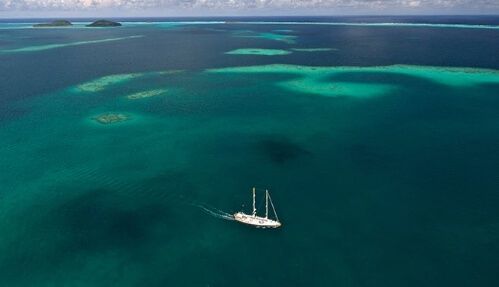
The research focuses on three species of Endozoicomonadaceae, a bacterial family commonly observed in coral environments. The study aims to shed light on the various roles that bacteria play in maintaining coral health and promoting their overall functioning. Through this investigation, a deeper understanding of the intricate relationship between corals and bacteria can be achieved.
In-Depth Analysis
Researchers conducted genetic sequencing of bacterial samples from three coral genera—Pocillopora (cauliflower corals), Porites (stony corals), and Millepora (fire corals)—gathered across 99 reefs in the Pacific Ocean. The study revealed that each coral genus exhibited a specific association with a distinct species of Endozoicomonadaceae bacteria. This finding suggests a long-term, symbiotic relationship between the corals and their bacteria, indicating the potential usefulness of these bacteria to the corals’ well-being.
Beneficial Substances Produced by Bacteria
Furthermore, the research discovered that each bacterial species within the Endozoicomonadaceae family produces a unique assortment of vitamins and amino acids. These substances likely play crucial roles in maintaining coral health and bolstering their immune systems, underscoring the significance of the coral-bacteria interaction.
Preserving Coral Reefs
The Tara Pacific expedition stands as a remarkable and ambitious scientific voyage among a limited number of sea-based research endeavors of this magnitude. Supported by the Tara Ocean Foundation and other organizations, this exploration provides invaluable insights into the complex dynamics of coral reef ecosystems and the urgent need for conservation efforts to preserve these vital marine habitats.
Ongoing Research Efforts
As the consortium continues to analyze the collected data, upcoming publications are expected to delve into the factors driving changes in coral biology and physiology, as well as their impact on the overall reef ecosystem. By deciphering the intricate interplay between coral health, microbial communities, and external stressors, the study will provide valuable insights into the impact of climate change on coral reef ecosystems.
The findings hold significant implications for the conservation and management of coral reefs in the face of ongoing environmental challenges. Through ongoing research and exploration, scientists and conservationists can work together to protect and preserve these biodiverse and fragile ecosystems for future generations.


